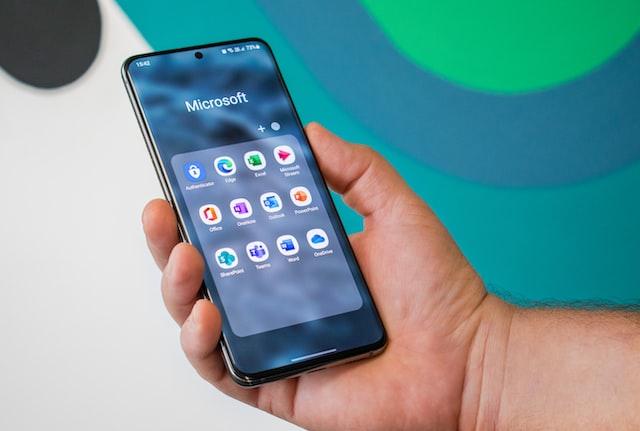Microsoft has taken the latest step in its partnership with OpenAI by integrating ChatGPT-like technology into its search engine Bing and its Edge browser. The move was announced at an event in Redmond, Washington, on Tuesday.
Microsoft has announced that it will be incorporating ChatGPT-like technology into its search engine Bing, in a move that aims to transform the search engine and establish Microsoft at the center of the growing excitement around ChatGPT. The technology will also be integrated into Microsoft’s Edge browser. Yusuf Mehdi, Corporate Vice President and Consumer Chief Marketing Officer, announced that a public preview of the new Bing will launch for a limited number of users, with the technology scaling to millions of users in the coming weeks.
Bing as a Destination for ChatGPT-Like Conversations
Bing was launched in 2009 and was run for a time by Satya Nadella, who later became CEO of Microsoft. While Bing is the second-place search engine in many markets, it has never come close to challenging Google’s dominant position but has been boosted by deals with other companies, such as Yahoo, which gave Microsoft access to a greater search share. However, by making it a destination for ChatGPT-like conversations, Microsoft could see an increase in user traffic.
ChatGPT, developed by OpenAI, is a powerful language model that has mastered language and grammar through ingesting a large amount of digitized books, Wikipedia entries, and other online writing. The technology has awakened millions of people to the possibilities of the latest AI technology. Microsoft invested $1 billion in OpenAI in 2019, which led to the development of a supercomputer specifically built to train OpenAI’s AI models.
Microsoft’s Investment in OpenAI
The strengthening partnership between Microsoft and OpenAI started with a $1 billion investment from Microsoft in 2019, which led to the development of a powerful supercomputer specifically built to train OpenAI’s AI models. In January, Microsoft announced that it was pouring billions more dollars into OpenAI as it looks to integrate the technology behind ChatGPT, the image-generator DALL-E, and other OpenAI innovations into an array of Microsoft products tied to its cloud computing platform and its Office suite of workplace products.
The Future of Search Engines
The shift towards making search engines more conversational, capable of confidently answering questions rather than offering links to other websites, could change the advertising-fueled search business. The integration of ChatGPT-like technology into search engines could change the advertising-fueled search business, but it also poses risks if the AI systems do not get their facts right and their opaqueness makes it hard to source back to the original human-made images and texts they’ve effectively memorized.
Google has been cautious about such moves. In response to pressure over ChatGPT’s popularity, Google CEO Sundar Pichai announced on Monday a new conversational service named Bard that will be available exclusively to a group of “trusted testers” before being widely released later this year. Google’s chatbot claims to be able to explain complex subjects in simple terms and perform more mundane tasks, such as providing tips for planning a party or lunch ideas based on what food is left in a refrigerator. Other tech rivals such as Facebook parent Meta and Amazon have also worked on similar technology.
Microsoft to Release Technology for Custom Chatbots
Microsoft plans to release technology that will allow big companies to launch their own chatbots using the OpenAI ChatGPT technology. Companies will be able to remove Microsoft or OpenAI branding when they release chatbots developed with the technology. This move could potentially put Microsoft at the forefront of the chatbot industry.
OpenAI’s Vision for Artificial General Intelligence
OpenAI, which started out as a nonprofit research laboratory in December 2015 with backing from Tesla CEO Elon Musk, has long voiced an ambitious vision for safely guiding artificial general intelligence (AGI). AGI is described as “highly autonomous systems that outperform humans at most economically valuable work”. OpenAI’s other products include the image-generator DALL-E, the computer programming assistant Codex, and the speech recognition tool Whisper.
Microsoft’s integration of ChatGPT-like technology into Bing and Edge could give the software giant a head start against other tech companies in capitalizing on the excitement surrounding ChatGPT. The shift towards making search engines more conversational poses risks if the AI systems don’t get their facts right, but it could also change the advertising-fueled search business. Microsoft’s investment in OpenAI and its plans to release technology for custom chatbots positions the



